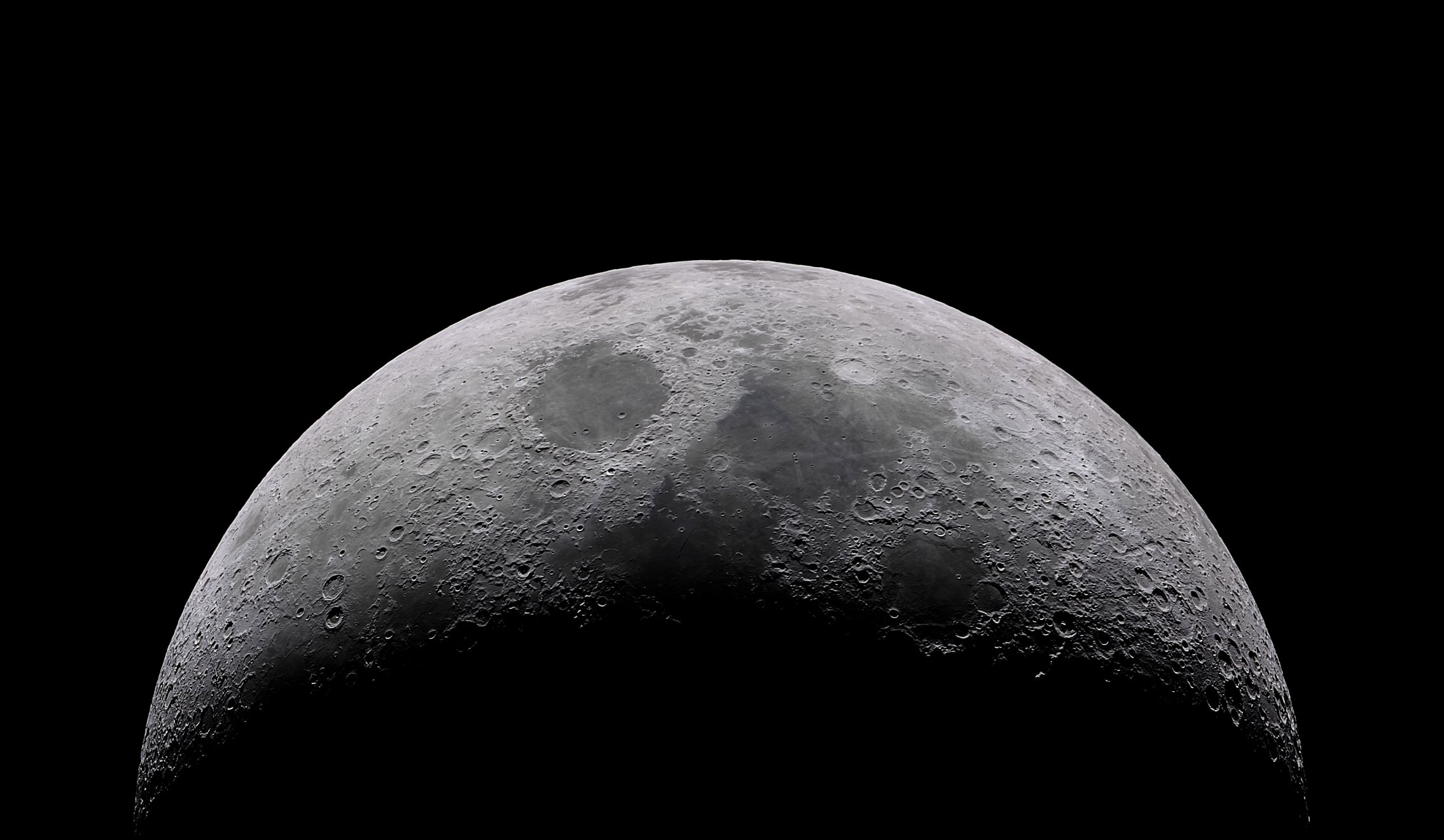You’ve probably heard that people are more agitated and violent during a full moon, or more “inferior” during a waning moon. Besides humor, there are also those who believe that pregnant women are more likely to give birth on a full moon and that the moon phase intervenes when it comes to “the right haircut.”
This belief is not new. For centuries, human behavior has been associated with the satellite. For example, in ancient Greece, The Greek philosopher Aristotle believed that psychotic seizures, insanity, or epilepsy were caused by the Moon.. Evidence of this is the origin of the derivative word lunation. madfrom Latin, which refers to something close to “hallucination”.
Does the moon really affect people’s moods?
First, it’s worth remembering the proven scientific effects of the Moon on Earth: the satellite is responsible for the movement of the tides. This is because the net mass of water is pulled towards or away from the Moon, depending on how close you are to the planet. The movement of the moon causes the sea to approach or move away from the shore.
Here you might wonder: If the moon has an effect on the tides, why doesn’t it have an effect on humans since our bodies are 70% water? The answer basically boils down to size. The satellite attracts the one with a larger volume – the mass of the oceans is much greater than the mass of a person.
Still, the effect of the moon on people’s moods remains the subject of research. In 2008, researchers Russell Foster and Till Roenneberg reviewed more than 100 studies on the topic to reach a consensus.
To the misfortune of the missionary mystics, the publication published in Current Biology no, they conclude that there is no convincing evidence that the Moon can affect human biology or emotions..
On the other hand, they noticed that some nocturnal animals prefer full moon nights to reproduce. According to them, the “selection” of these species must have to do with the amount of light (more so during this lunar phase), a factor that helps to avoid possible attacks by predators.
Moon and sleep attempt
While still talking about their nocturnal habits, some people argue that it’s harder to sleep at a full moon. In 2013, Swiss researchers monitored the sleep of more than 30 volunteers and noticed that during the deep sleep phase it took 30% less time to fall asleep, five minutes longer.
A similar study was then carried out with 850 people in 2021. Research published by the journal Total Environmental Science also reinforced volunteers had shorter-than-normal sleep times on full moon nights.
According to the researchers, the explanation for sleep agitation during this period may be that the closer to the full moon, the more illuminated planet Earth is. However, the authors emphasized that: “The study cannot distinguish whether the relationship between sleep and the lunar cycle is causal or simply linked.“.
Source: Tec Mundo
I’m Blaine Morgan, an experienced journalist and writer with over 8 years of experience in the tech industry. My expertise lies in writing about technology news and trends, covering everything from cutting-edge gadgets to emerging software developments. I’ve written for several leading publications including Gadget Onus where I am an author.












